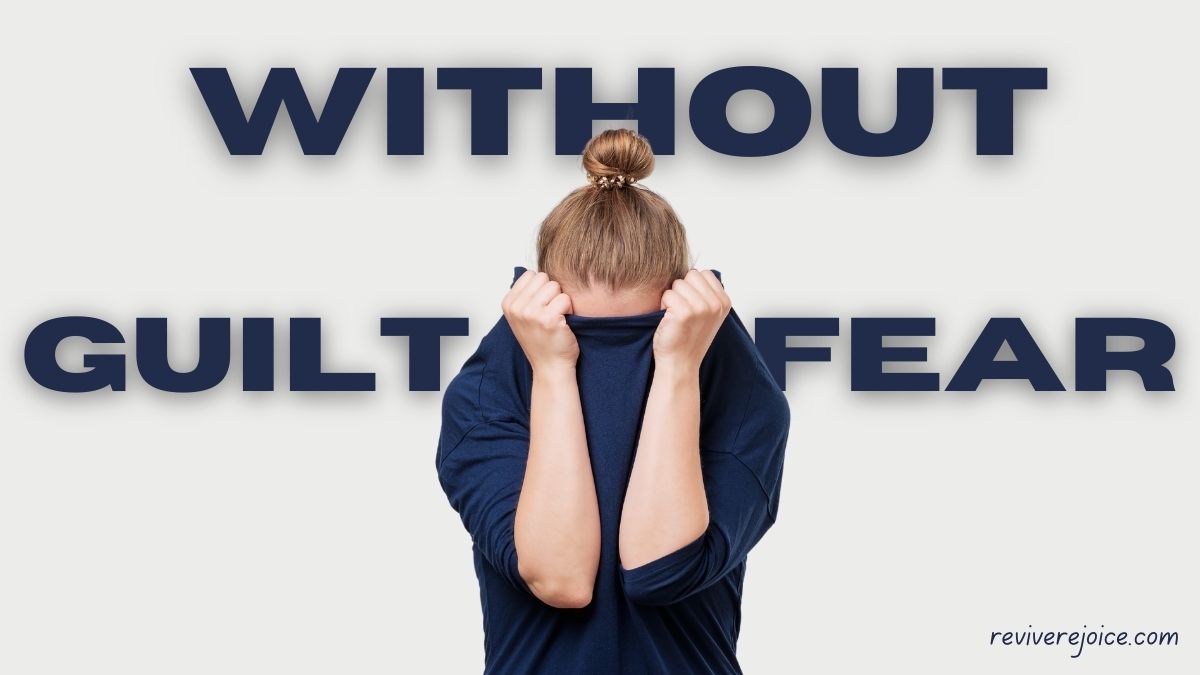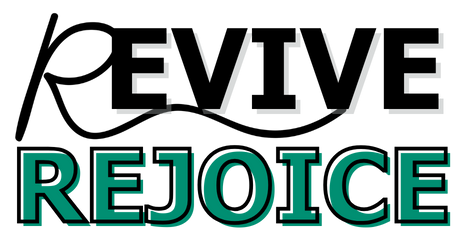How to set healthy boundaries for yourself
Struggling to set healthy boundaries for yourself can lead to burnout and frustration.
If you’re tired of feeling drained by others, it’s time to learn how to protect your energy and regain control.
Clear, actionable steps will help you establish boundaries that actually stick, so you can focus on what matters your well-being.
#1. What Are Healthy Boundaries and Why Do You Need Them?

What Are Healthy Boundaries?
Healthy boundaries are the invisible lines we set to define what’s acceptable and unacceptable in our lives.
They act as personal limits, protecting our emotional, physical, and mental well-being. Think of them as your personal space both literal and metaphorical.
Without boundaries, you risk feeling overwhelmed, taken advantage of, or lost in the chaos of others’ expectations. Boundaries help you say, “This is who I am, and this is what I stand for.”
Why Do You Need Boundaries?
You need boundaries to thrive, not just survive. Research shows that healthy boundaries significantly lower stress and improve self-esteem.
Without them, it’s easy to lose sight of your priorities and spend your energy on people or tasks that drain you.
Boundaries are essential because they prevent burnout and protect your emotional health.
As Brene Brown famously said, “Daring to set boundaries is about having the courage to love ourselves, even when we risk disappointing others.”
The Personal Benefits of Boundaries
When you set healthy boundaries, you’re prioritizing self-respect. One of the biggest benefits is gaining more control over your life.
Studies show that people with strong boundaries have lower anxiety and a stronger sense of identity.
By defining your limits, you communicate that your needs are just as important as anyone else’s.
This is vital for building confidence and reducing feelings of being overwhelmed or taken for granted.
#2. Types of Boundaries: Emotional, Physical, and Digital

Emotional Boundaries: Protecting Your Inner World
Emotional boundaries define where your feelings end and another person’s begin. These boundaries help you stay in control of your emotional energy.
Without them, you may find yourself absorbing the emotions of others. Whether it’s their stress, frustration, or anxiety. It’s like carrying a weight that’s not yours to bear.
Research highlights that emotional boundaries protect mental well-being by reducing emotional exhaustion. They allow you to engage with others without losing yourself in their emotional chaos.
Digital Boundaries: Navigating the Online World
In today’s hyper-connected world, digital boundaries are more critical than ever. These boundaries govern what you share online, how often you’re available, and the types of interactions you engage in on platforms like social media.
Oversharing or feeling pressured to always be available can lead to digital burnout, with studies showing that excessive social media use increases anxiety and stress.
Setting digital boundaries, such as limiting your screen time or choosing not to respond to messages outside of certain hours.
How to Maintain Each Type of Boundary
Maintaining emotional, physical, and digital boundaries requires clear communication and consistency.
For emotional boundaries, this might mean expressing when a conversation topic is too draining for you.
Physical boundaries may involve setting clear expectations about personal space, like not allowing anyone to invade your workspace without permission.
Digital boundaries? They’re about establishing clear guidelines, such as turning off notifications after work hours to avoid burnout.
#3. How to Communicate Boundaries Without Guilt or Fear

Start with Self-Respect
The first step in communicating boundaries without guilt or fear is recognizing your right to have boundaries. Boundaries aren’t selfish; they’re essential for maintaining healthy relationships.
As clinical psychologist Dr. Dana Nelson explains, “Boundaries protect your well-being, and without them, resentment builds”. When you understand that your needs matter, it becomes easier to assert them.
This isn’t about keeping others out, but about ensuring your emotional health is respected.
Be Direct, Yet Kind
When communicating boundaries, clarity is key. “Clear is kind,” as Brené Brown says. Don’t sugarcoat or over-explain your boundaries; simply state them.
For example, if you need time to yourself after work, say, “I need 30 minutes alone when I get home to unwind.”
Being firm but polite leaves little room for misinterpretation, which is crucial for keeping boundaries intact. It’s not about confrontation but about expressing your needs with kindness and confidence.
Detach Guilt from Self-Care
Feeling guilty about setting boundaries? That’s normal, especially if you’re used to prioritizing others over yourself.
But guilt doesn’t mean you’re doing something wrong. It simply means you’re adjusting to a healthier way of interacting.
A study on people-pleasing behavior shows that constantly putting others’ needs above your own can lead to burnout and low self-esteem.
By setting boundaries, you’re giving yourself the space to thrive, and that’s nothing to feel guilty about.
#4. Setting Boundaries with Family, Friends, and at Work

Setting Boundaries with Family
Family relationships are often the trickiest when it comes to boundaries. There’s a sense of obligation, shared history, and emotional investment that can make saying “no” feel impossible.
But setting boundaries with family is crucial for your emotional well-being. It could be as simple as requesting alone time or not discussing certain sensitive topics.
Remember, you can love your family and still say, “This doesn’t work for me.”
Boundaries with Friends
When it comes to friendships, boundaries are often blurred. We feel the need to constantly be available, but this can lead to emotional exhaustion.
Healthy friendships thrive on mutual respect. A 2017 study found that people who maintained clear boundaries in their friendships reported higher levels of satisfaction and personal well-being.
Saying “no” to a friend isn’t about shutting them out; it’s about being honest about your capacity.
Boundaries at Work
Work boundaries can be especially challenging because of the pressure to perform and please. But without boundaries, you can quickly face burnout.
Research shows that poor work-life boundaries can lead to chronic stress and lower job satisfaction.
You need to carve out time for yourself, say no to tasks beyond your scope, and protect your mental health by logging off when the workday ends.








